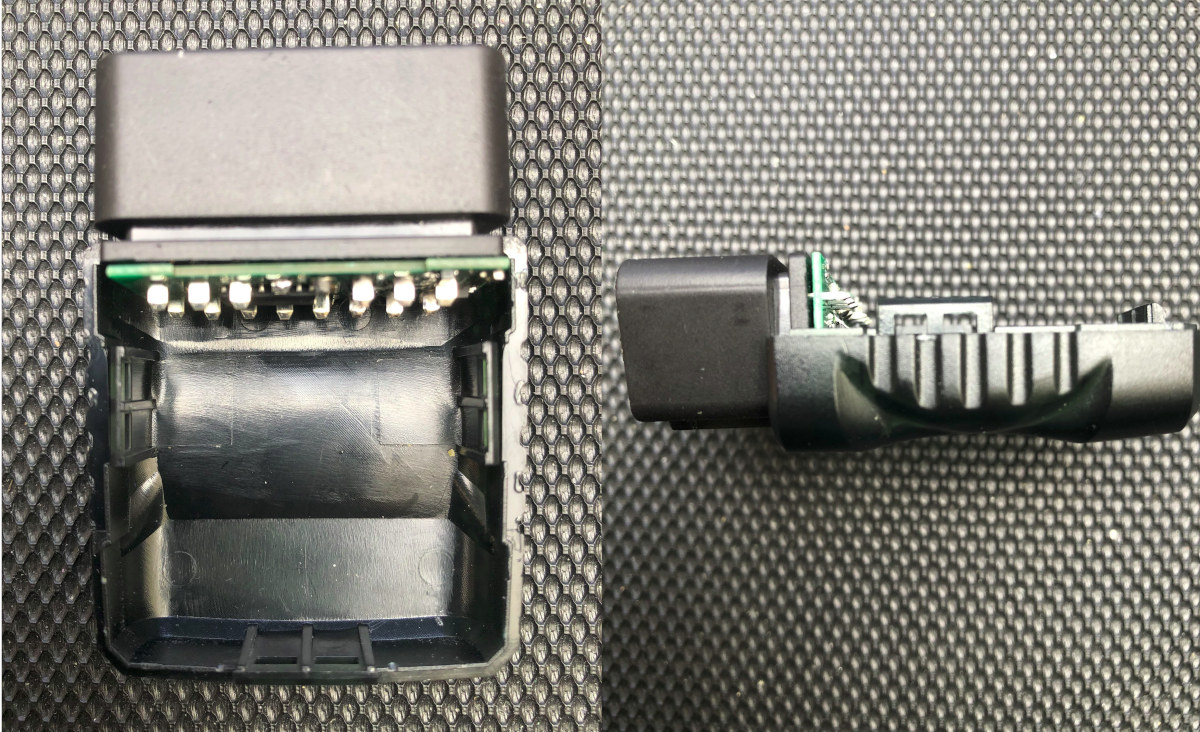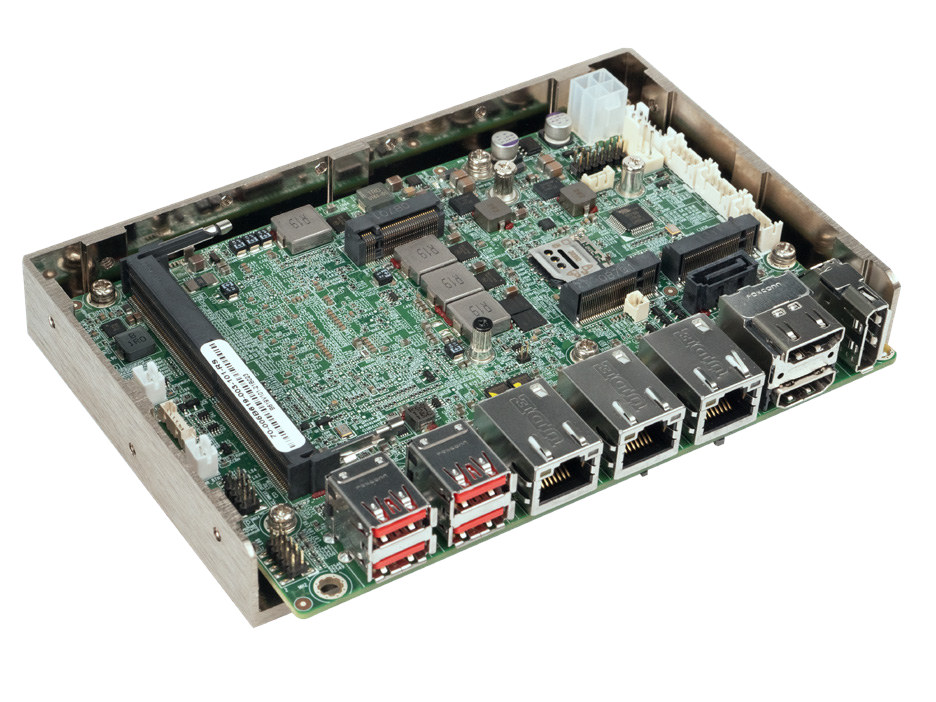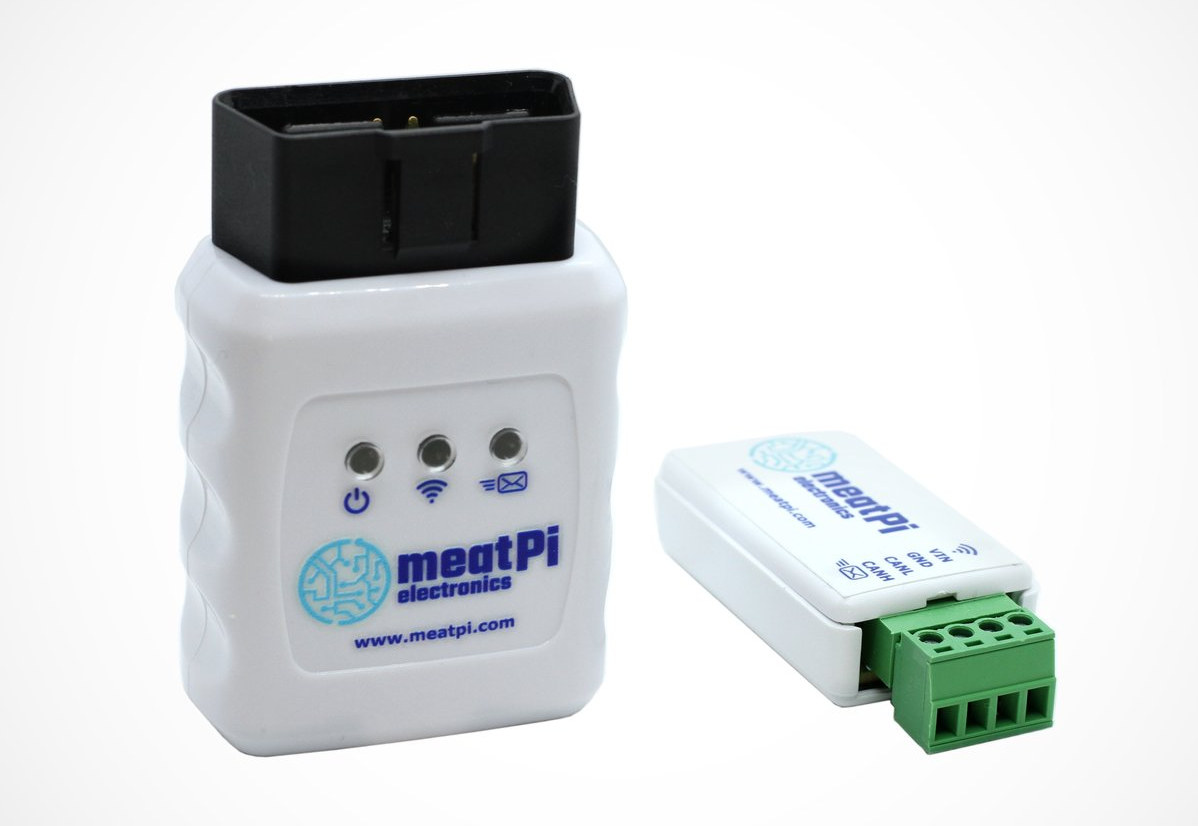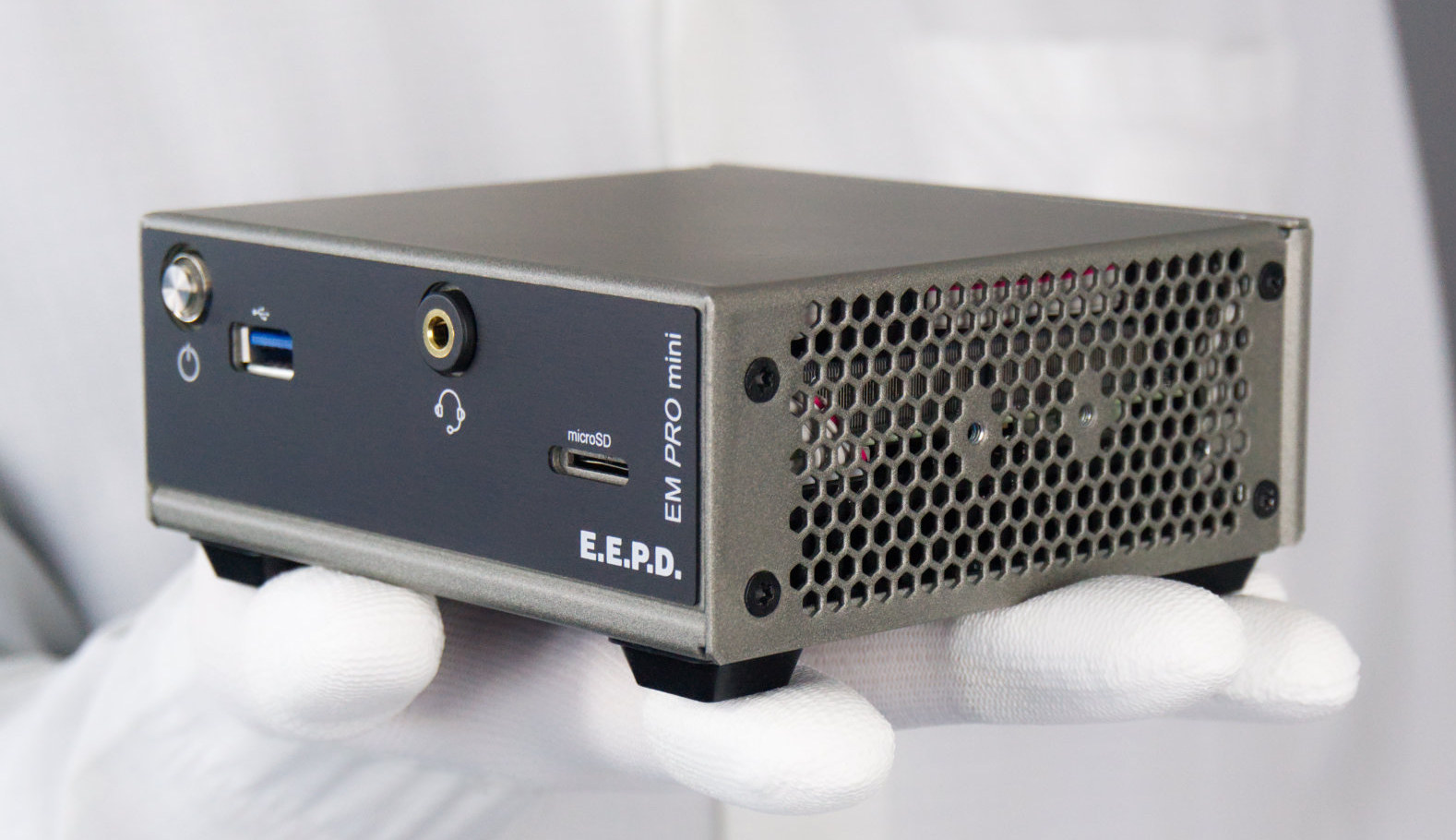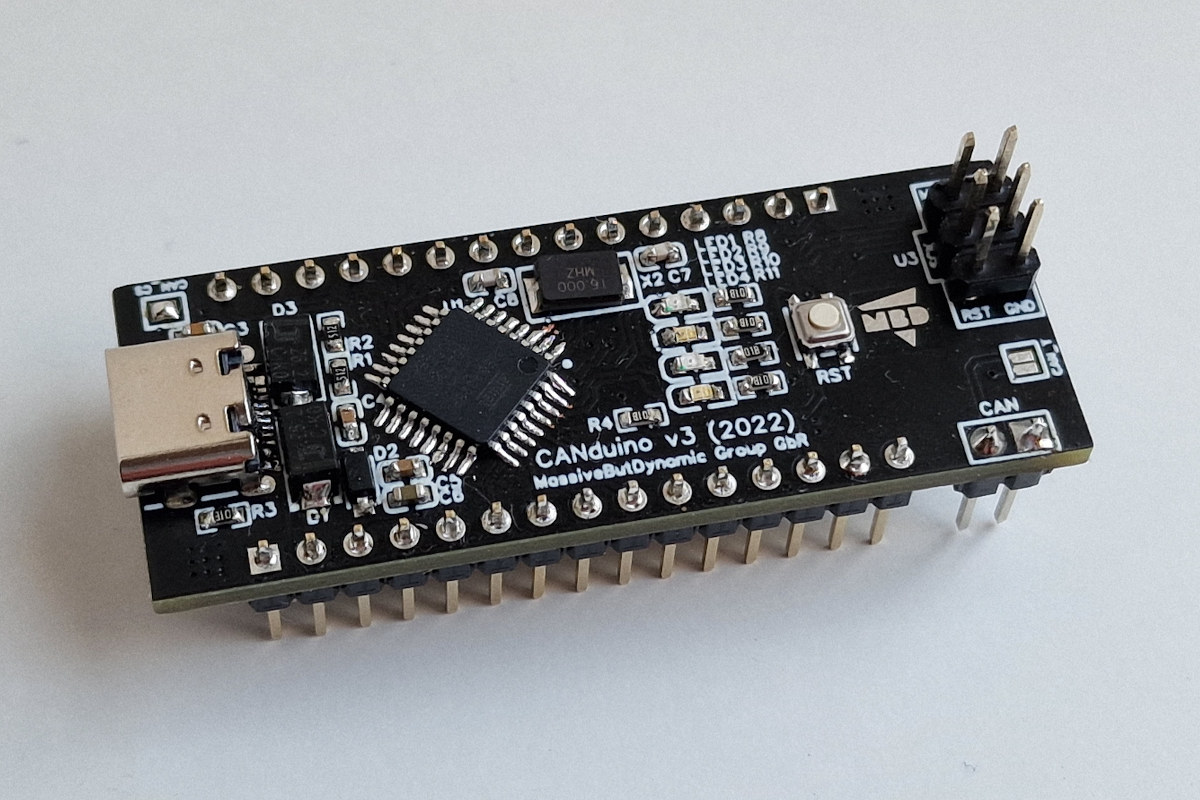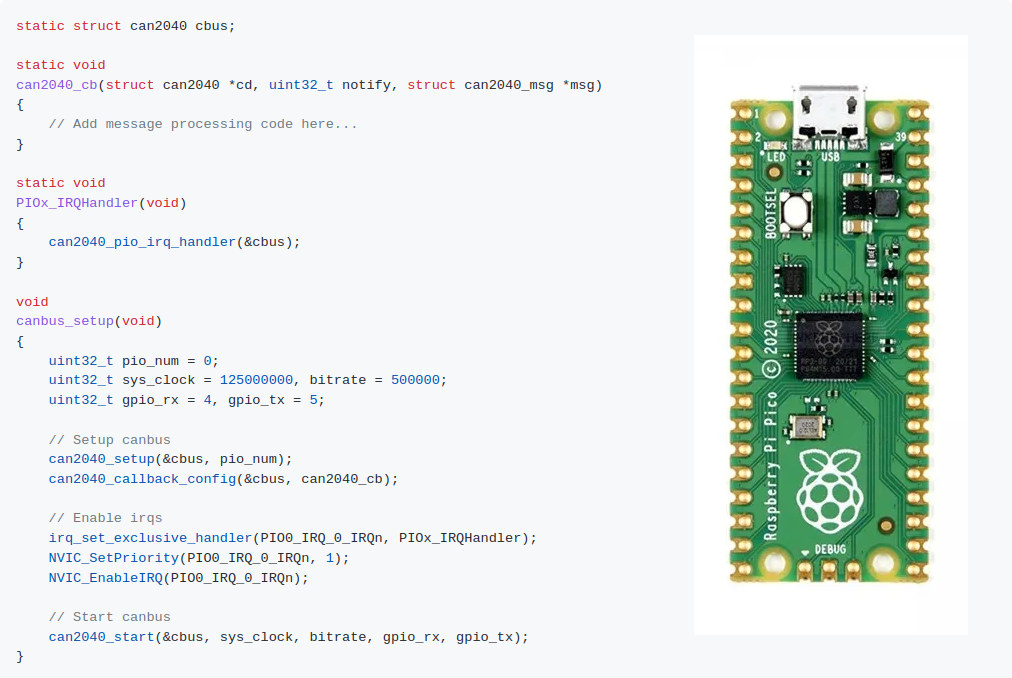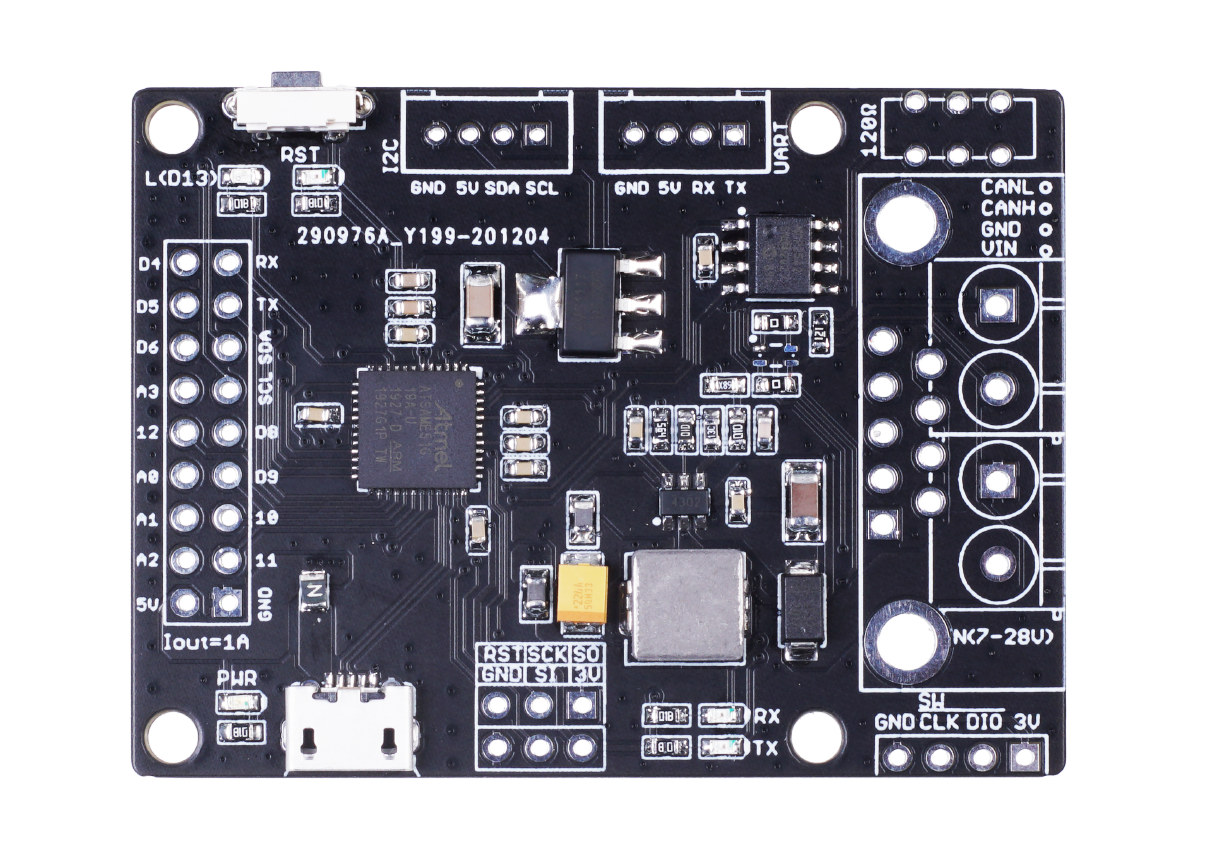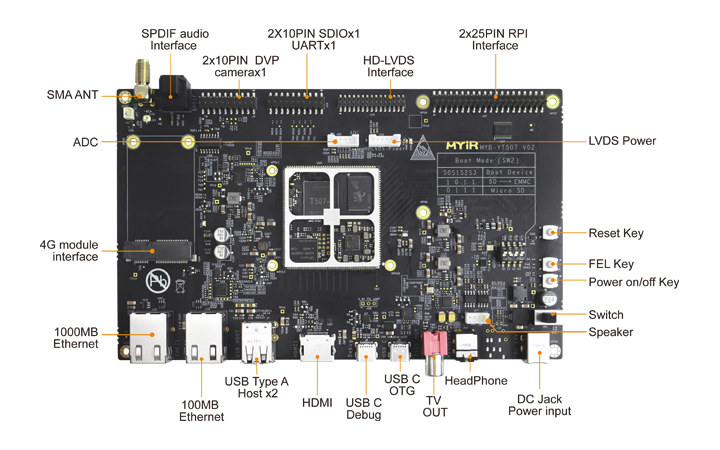Cheap ELM327 compatible OBD-II Bluetooth adapters that connect to your car for diagnostics and retrieve engine and other data are available all over the Internet. But today, we were reminded that many are fake with a partial implementation or not working at all. ELM32 was originally created by Elm Electronics – which recently decided to close shop – and based on Microchip PIC18F2480 microcontroller to provide the data through a UART interface, but copies have been around for years, and I myself bought a cheap ELM327 compatible ODB-II Bluetooth adapter back in 2013, but I never managed to make it work. Those were brought back to my attention today, as Jasbir bought two such fake ELM327 adapters on Aliexpress for under $3 each. The device reports itself as ELM V2.1 with firmware version “TDA99 V0.34.0628C”, it’s extremely buggy and certainly not feature-complete for an ELM V2.1 device. When he opened […]
WAFER-TGL-U 3.5-inch Tiger Lake SBC offers 3x 2.5GbE ports, SATA, 4x display interfaces
IEI’s WAFER-TGL-U is a 3.5-inch SBC based on a choice of Intel Tiger Lake UP3 processors with up to 32GB RAM, SATA storage, three 2.5 Gbps Ethernet ports, four display interfaces including HDMI, DisplayPort, and the company’s custom iDPM 3040 slot for eDP/LVDS/VGA, as well as four USB 3.2 ports. The board also comes with M.2 sockets to add 4G LTE or 5G cellular connectivity, a few RS232/RS422/RS485 ports, and IEI says it is ideal for space-constrained applications such as AGV (Automated Guided Vehicle), AMR (Autonomous Mobile Robot), and small cabinets in factories. WAFER-TGL-U specifications: Tiger Lake UP3 SoC (One or the other) Intel Core i7-1185G7E quad-core processor up to 4.4GHz 12MB cache, TDP=28/15/12W Intel Core i5-1145G7E quad-core processor up to 4.1GHz, 8MB Cache, TDP=28/15/12W Intel Core i3-1115G4E dual-core processor up to 3.9GHz, dual-core, 6M Cache, TDP=28/15/12W Intel Celeron 6305E (up to 1.8GHz, dual-core, 4M Cache, TDP=15W) System Memory – […]
WiCAN ESP32-C3 CAN Bus platform is available in USB-CAN and OBD-II form factors (Crowdfunding)
WiCAN is an ESP32-C3 CAN bus adapter that works over USB, Wi-Fi, and Bluetooth LE, and designed for car hacking and general CAN bus development. The device is available in USB-CAN and OBD-II form factors and comes with firmware that works with RealDash to create nice-looking dashboards with the data. RealDash can be installed on Android, iOS, and Windows 10 operating systems. WiCAN specifications: Wireless module – ESP32-C3-MINI-1 with ESP32-C3 RISC-V microcontroller with 2.4GHz WiFI 4 and Bluetooth 5.0 connectivity, 4 MB flash, PCB antenna CAN 2.0 A/B interface up to 1 Mbps Host interface WiCAN-OBD – OBD-II connector WiCAN-USB – Mini USB port for USB-to-UART up to 6 Mbps Power Supply WiCAN-ODB – 7.5V to 16V (Vbat) WiCAN-USB – 7.5V to 36V via screw-terminal connector Power Consumption – <= 1 mA in battery-saving mode The CAN Bus adapter also supports firmware updates over WiFi, and can be used either […]
EM PRO mini – An AMD Ryzen Embedded R1102G fanless mini PC
E.E.P.D. EM PRO mini “eNUC-BoxPC” is a mini PC powered by a 6-watt AMD Ryzen Embedded R1102G dual-core processor and designed for a variety of applications such as thin client, network monitoring, production data acquisition, digital signage, point-of-sale, building management systems, and so on. The embedded fanless mini PC ships with up to 16 GB DDR4 RAM, supports M.2 SATA or NVMe storage, and offers two mini DisplayPort video outputs, three USB 3.1 ports, and two Gigabit Ethernet ports, as well as serial ports. The mini PC offers 8V to 32V input voltage suitable for automotive applications and can operate in the 0°C to 50°C temperature range, although a wider range can be worked on upon request. EM PRO mini specifications: SoC – AMD Ryzen Embedded R1102G dual-core processor @ 1.2 GHz / 2.6 GHz (Turbo) with 3CU Radeon Vega 3 graphics @ 1.0 GHz; TDP: 6W System Memory – […]
CANDuino v3 – A Microchip ATmega168PA board with CAN bus, Arduino Nano form factor
CANduino v3 is the third revision of MassiveButDynamic’s CAN bus board with Arduino Nano form factor based on Microchip ATmega168PA 8-bit AVR microcontroller, Microchip MCP2515 CAN controller with an SPI interface, and Microchip MCP2551 CAN transceiver suitable for 12V and 24V systems. The CANDuino v3 board is now slightly narrower in order to give access to two rows on each side when installed on a breadboard, comes with a USB Type-C port to reduce the number of cables needed, and the CAN bus function can be deactivated via a jumper in order to use the CANduino as a normal Arduino Nano. CANDuino v3 specifications: MCU – Microchip ATmega168PA 8-bit AVR microcontroller @ up to 16 MHz with 16KB flash, 512 bytes EEPROM, 1 KB SRAM CAN Bus CAN L/H header and CAN bus termination Microchip MCP2515 CAN controller connected to the AVR microcontroller over SPI. Supports CAN V2.0B at 1 […]
can2040 project adds software CAN bus to Raspberry Pi RP2040 microcontroller
The can2040 project is a software CAN bus implementation for the Raspberry Pi RP2040 microcontroller that leverages programmable I/Os (PIO) to achieve reading and writing CAN 2.0B data frames at rates up to 1Mbit per second. Kevin O’Connor, the developer of the project, further explains the implementation uses only one of the two RP2040 PIO hardware blocks, so it is possible for a single Raspberry Pi RP2040 chip to have two separate CAN bus interfaces. Some processing also happens on one of the Arm Cortex-M0+ cores of the microcontroller with the processing time dependent on the amount of bus traffic, and a fully saturated CAN bus at the fastest supported rate of 1Mbit/s may use up to around 30% of that core when clocked at 125MHz, so that should still leave plenty of room for other tasks that may run on the system. I could not find any information about […]
CANBed M4 SAM E51 development board features MCP2542FD CAN transceiver
CANBed M4 development board based on Microchip SAM E51 Cortex-M4 microcontroller and MCP2542FD CAN transceiver provides a more powerful alternative to the CANBed RP2040 with a Raspberry Pi dual-core Cortex-M0+ microcontroller introduced last year. The board supports both CAN 2.0 and CAN FD with a 4-pin terminal block or a DB-9 connector, and offers expansion capabilities though two Grove connectors, and an 18-pin IO header. CANBed M4 specifications: MCU – Microchip ATSAME51G19A Arm Cortex M4 core @ up to 120 MHz with 512KB flash, 192KB RAM CAN Microchip MCP2542FD CAN transceiver with support for CAN 2.0 and CAN FD up to 2+ Mbps Input interface – DB-9 connector or terminal block 120 Ohm terminal resistor USB – 1x Micro USB port for programming Expansion I2C Grove connector UART Grove connector SPI header 18-pin I/O header with up to 12x GPIOs, UART, I2C, 4x analog inputs, 5V, and GND Misc – […]
AEC-Q100 qualified module features Allwinner T507-H processor for automotive applications
We first wrote about Allwinner T507 when we covered a module and devkit from Forlinx, but now MYiR Tech has designed its own AEC-Q100 qualified system-on-module (MYC-YT507H) and the MYD-YT507H development board based Allwinner T507-H processor. MYC-YT507H – Allwinner T507-H SoM Specifications: SoC – Allwinner T507-H with a quad-core Arm Cortex-A53 processor @ 1.5GHz, Arm Mali-G31 MP2 GPU with support for OpenGL ES 3.2/2.0/1.0, Vulkan1.1, OpenCL 2.0; 4K60 H.265/VP9/AVS2 video decoder, 4K H.264/MJPEG video encoder System Memory – 1 or 2GB LPDDR4 Storage – 8GB eMMC flash, 32Kbit EEPROM (or is it 32KB/256Kbit – see block diagram below) 222x castellated holes with 1.0mm pitch for carrier board connection Networking – 1x RGMII and 1x RMII Video 1x HDMI 2.0a up to 4Kp60 2x single-channel LVDS or 1x dual-channel LVDS or 24-bit RGB up to 1080p60 1x TV CVBS output with PAL/NTSC Camera – 1x DVP digital camera, 1x MIPI CSI […]


